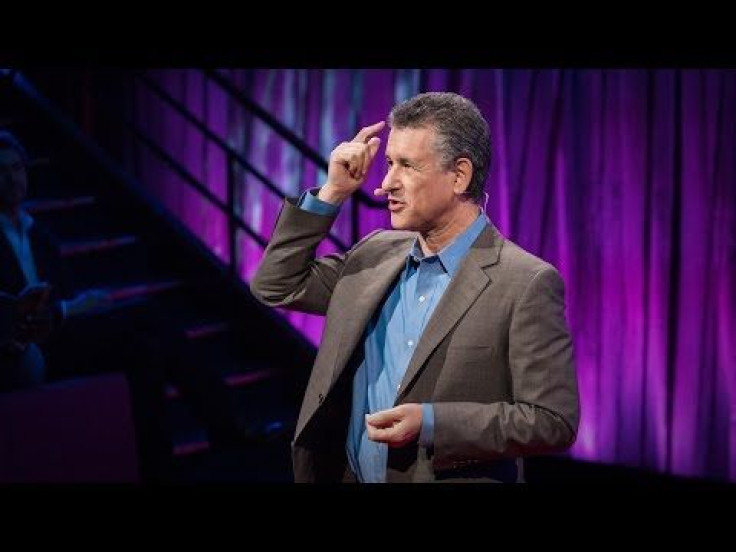Calm Down, Everything's Going To Be Alright Because You Remembered This Little Trick

In a recent TedTalk , on how to stay calm even in stressful situations, neuroscientist Daniel Levitin reminded us that even the most intellectually elite members of the population lose their keys. However, rather than just brushing off the experience as part of life, Levitin devised a science-based way to prevent the incident from ever happening again.
In a rather unpleasant 24 hours, Levitin ended up breaking into his own home, realizing at the airport checkout desk that he had forgotten his passport, and ultimately being so late for boarding that he was in a broken, uncomfortable seat for an entire eight hour. According to Levitin, this series of unfortunate events was not simply the result of bad luck but rather the byproduct of increased levels of cortisol in his brain caused by elevated stress.
When we’re under stress our brain releases the hormone cortisol, which raises your heart rate , modulates adrenaline levels, and, most importantly, clouds your thinking. According to Levitan, although you cannot prevent stress completely, there are ways to alleviate the blow.
"We all are going to fail now and then," says Levitin. "The idea is to think ahead to what those failures might be."
Our brains are specifically designed to remember the location of stationary objects, Levitin says. This skill helped our ancestors survive by allowing them to remember where a water source was or the location of an enemy tribe. When it comes to objects that move, we’re less equipped at remembering these locations. However, we can easily overcome this handicap by always putting objects in the same location. Levitan suggests always putting your keys on the same hook, or your passport in the same drawer.
It may seem simple, but this way your things will always be there when you look for them.



























